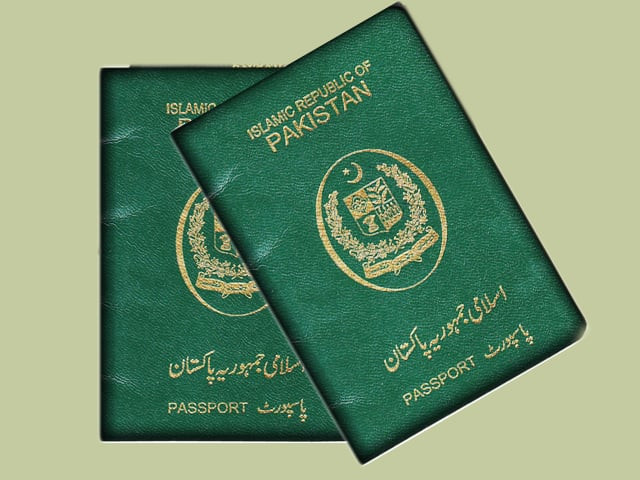Muharram: Sacred Month of Reflection
Introduction: The Spiritual Gateway of the Islamic Year
Muharram marks the beginning of the Islamic lunar calendar and is one of the four sacred months mentioned in the Quran. Its significance lies not only in its placement but in its historical and spiritual weight. For Muslims worldwide, Muharram is more than a calendar event—it is a sacred time for reflection, remembrance, and renewal of faith.
As the month in which the Battle of Karbala took place, Muharram holds deep emotional and religious meaning. From fasting during Ashura to commemorating the martyrdom of Imam Hussain (RA), this month offers vital lessons in resilience, sacrifice, and justice.
The Significance of Muharram in Islam
(Primary Keyword Focus)
In Islam, Muharram is regarded as the second holiest month after Ramadan. Derived from the Arabic word "Haram," which means "forbidden" or "sacred," the month is so named because fighting and warfare were traditionally prohibited during this time.
Muharram is considered a time of peace, prayer, and spiritual discipline. The Prophet Muhammad (PBUH) referred to it as “the month of Allah,” highlighting its religious importance. Observing good deeds, offering prayers, and staying away from sin are strongly emphasized during this sacred month.
Historical Background: The Tragedy of Karbala
(Secondary Keywords: muharram history karbala, muharram karbala battle lessons)
The 10th of Muharram, known as Ashura, is particularly significant due to the historic event of the Battle of Karbala. This tragic day marks the martyrdom of Imam Hussain ibn Ali (RA)—the grandson of the Prophet Muhammad (PBUH)—and his loyal companions who stood against the tyranny of Yazid.
Imam Hussain’s sacrifice symbolizes the eternal struggle between truth and falsehood, justice and oppression. His refusal to submit to an unjust ruler became a timeless lesson in standing up for righteousness, even in the face of certain death.
Ashura: A Day of Fasting and Reflection
(muharram ashura significance muslims, muharram fasting sunnis shias)
Both Sunni and Shia Muslims observe Ashura in meaningful ways. The Prophet Muhammad (PBUH) fasted on Ashura and encouraged others to do the same, stating it atones for the sins of the previous year.
-
Sunni Muslims fast on the 9th and 10th (or 10th and 11th) of Muharram to follow the Prophet’s tradition.
-
Shia Muslims, on the other hand, use the day to commemorate the martyrdom of Imam Hussain with mourning processions, majalis (gatherings), and reenactments of the Battle of Karbala.
These practices reflect the depth of love and respect Muslims have for the family of the Prophet.
Rituals, Practices & Observances in Muharram
(muharram traditions and rituals, muharram prayers and supplications)
Common spiritual practices during Muharram include:
-
Fasting on Ashura
-
Reciting Quran and special duas
-
Charity and helping the needy
-
Avoiding conflicts or quarrels
-
Attending religious lectures or majalis
-
Engaging in deep reflection and remembrance
Many people also avoid celebrations and weddings in Muharram, considering it a time of mourning and spiritual reflection.
Do’s and Don’ts During Muharram
(muharram month do’s and don’ts, muharram sacred month islam)
Do’s:
-
Engage in extra prayers and remembrance.
-
Educate yourself and your family about the events of Karbala.
-
Give charity to honor the sacrifices made.
-
Attend Islamic lectures or join study circles.
Don’ts:
-
Avoid unnecessary celebrations or festivities.
-
Refrain from arguments and conflict.
-
Do not spread misinformation about sectarian practices.
-
Avoid superstition—Muharram is not a month of misfortune, but of wisdom and courage.
Lessons from Karbala for Today’s Muslims
(muharram lessons for today, muharram spiritual reflection)
The events of Karbala teach us:
-
Stand up for justice even when outnumbered.
-
Sacrifice personal comfort for the greater good.
-
Remain patient and firm in your beliefs.
-
Leadership requires principle over power.
-
Family values and loyalty to faith matter more than worldly success.
In a world full of injustices, remembering Imam Hussain’s (RA) sacrifice helps Muslims realign their principles with faith, truth, and courage.
Muharram Across Cultures and Communities
(muharram significance pakistani muslims, muharram observances muslims)
In countries like Pakistan, Iran, Iraq, Lebanon, and India, Muharram is observed with great devotion. Streets are often adorned with black banners, and public processions commemorate the tragedy of Karbala. Sermons and poetic recitations (nohas) help keep the spiritual message alive across generations.
In Western countries, Muslims often organize interfaith programs and educational sessions to explain the significance of Muharram to the broader community.
Muharram and the Islamic New Year
(muharram and islamic new year, muharram 1447h dates)
Muharram also marks the beginning of the Islamic New Year. While the new year is not celebrated like January 1st in the Gregorian calendar, it is a moment to reflect on the past year’s deeds, make intentions (niyyah) for self-improvement, and renew spiritual commitments.
In 2025, the Islamic year 1447 Hijri begins with Muharram on or around July 7, 2025 (subject to moon sighting).
Conclusion: Muharram—A Month of Renewal and Remembrance
(muharram importance in quran, muharram spiritual growth)
Muharram is more than just the first month of the Islamic calendar. It is a powerful reminder of moral courage, spiritual strength, and unwavering faith. The significance of Muharram in Islam is rooted in history but lives on in the values we choose to uphold today.
As we reflect during this sacred month, let us remember the lessons of Karbala, prioritize justice, and strengthen our connection with Allah (SWT). May this Muharram bring peace, guidance, and renewed purpose in your spiritual journey.
.jpg)


.jpg)
Comments
Post a Comment